Some candidates may not make it to the next Democratic debate in December, but some members of one group of people will. Protestor Bob Kunst said he’s been to more than 100 events in support of President Donald Trump. Kunst showed up at the Democratic Debate in Atlanta wearing his usual Hillary Clinton mask. In his left hand, he held a “Hillary for Prison” sign. Another sign saying “Impeach Disgusting [Demorats] and Throw The Bums Out,” lay at his feet.
“I never thought I’d be a Trump supporter,” Kunst said. “I like what he’s doing for Israel, I like what he’s doing for gay rights, I like what he’s doing for the economy.”
Carol Dunitz also travels around the nation to political events, but her protests take a different approach. She sings.
-
-
- Democratic Debate Timetable
- 11:30 a.m.: Protests begin to gather in front of Tyler Perry Studios
- 12:00 p.m.: The Media Center begins operating
- 5:30 p.m.: Stacey Abrams appears in the Media Center
- 6:40 p.m.: DNC Chairman Tom Perez appears in the Media Center
- 7:10 p.m.: Georgia Congressman Sanford Bishop makes an appearance in the Media Center
- 8:54 p.m.: Candidates took the stage
- 9:00 p.m.: Debate begins
- 11:10 p.m.: Candidates enter the spin room
- 1:00 a.m.: Media startings to pack up
-
Democratic Leaders Speak Ahead of Debate
This was the first Democratic debate in Georgia since March of 1992. Democratic National Committee Chairman Tom Perez said the reason the debate was held in Georgia was because it’s “a battleground state.”
“One of the common denominators in the states that have the highest rates of the uninsured is that they are not expanding Medicaid,” Perez said. “Texas, Georgia, Florida. What do they have in common? Republican states.”
United States Representative Sanford Bishop of Georgia’s 2nd congressional district—covering Southwestern Georgia and the Columbus metro area—said the country needs a candidate who can bridge the partisan divide.
“The majority of the American people are not far left, and they’re not far right. They are right in the mainstream,” Bishop said. “We’ve got to have a candidate leading our party and leading the country who will actually inspire all of America.”
So far, six candidates have qualified for the Dec. 19 debate in Los Angeles.

Trade War and Reproductive Rights
The candidates touched briefly on many issues relevant to Georgians—gun rights, health care, reproductive rights and environmental policy. They talked a little longer about voting rights because of the controversy during the 2018 Georgia governor election between Brian Kemp and Stacey Abrams. New Jersey Sen. Corey Booker said there is a voting issue in Georgia.
“Right here in this great state of Georgia, it was the voter suppression,” Booker said. “Particularly of African-American communities, that prevented us from having a Governor Stacey Abrams right now.”
Moderator Rachel Maddow asked South Bend, Indiana, Mayor Pete Buttigieg about President Trump’s trade war with China and its impact on the American farmer.
“We have to stand up for them,” Buttigieg responded. “Not just with direct subsidies and support, but with making sure we do something about the consolidation, the monopolies that leave farmers with fewer places to purchase supplies from and fewer places to sell their product to.”
In a question directed to Minnesota Sen. Amy Klobuchar about reproductive rights, Klobuchar said the United States should “codify Roe v. Wade into law.”
“When [Trump] was running for office, he literally said women should go to jail,” Klobuchar said. “No surprise that we’re seeing these kinds of laws in Georgia, in Alabama, where his allies are passing these bills.”
Health Care
Days leading up to the debate, Athens-Clarke County Democrats Chairwoman Denise Ricks predicted healthcare would be a major topic of discussion.
“I hope they get away from the logistics of the health care,” Ricks said before the debate. “They all agree on a universal system, so talk about the difference of what their actual procedures are.”
Near the start of the debate, moderator Kristen Welker directed a healthcare question to Massachusetts Sen. Elizabeth Warren.
Warren said she would bring down the cost of prescription drugs on day one of her presidency and “bring in 135 million people into Medicare for all at no cost to them.”
When the debate concluded, all but three candidates, Vermont Sen. Bernie Sanders, former Vice President Joe Biden and Warren, spoke to the media.
(Photos/Alexandra Rios)
Post-Debate Reactions
The day after the debate, University of Georgia students said they expected candidates to speak on immigration and foreign policy, but instead, candidates spoke about Trump.
“I don’t care about their opinions on Trump,” second-year biology major Zach Davis said. “I want to hear from them about themselves…what they want to do.”
Jenny Quezada, a second-year public health major, shared a similar sentiment.
“I know that’s also something people want to hear about, but at the same time, I wish they would get more…like the policy,” Quezada said. “The more important things.”
Matthew Miller, a third-year Management Information Systems major, said he doesn’t expect candidates to talk about their policies until later in the process.
“It’s more just like political turmoil right now,” Miller said. “Once it gets down to two or three, it will be actual good policies back and forth.”
Francisco Guzman and Alex Vanden Heuvel are seniors majoring in journalism in the Grady College of Journalism and Mass Communications at the University of Georgia.


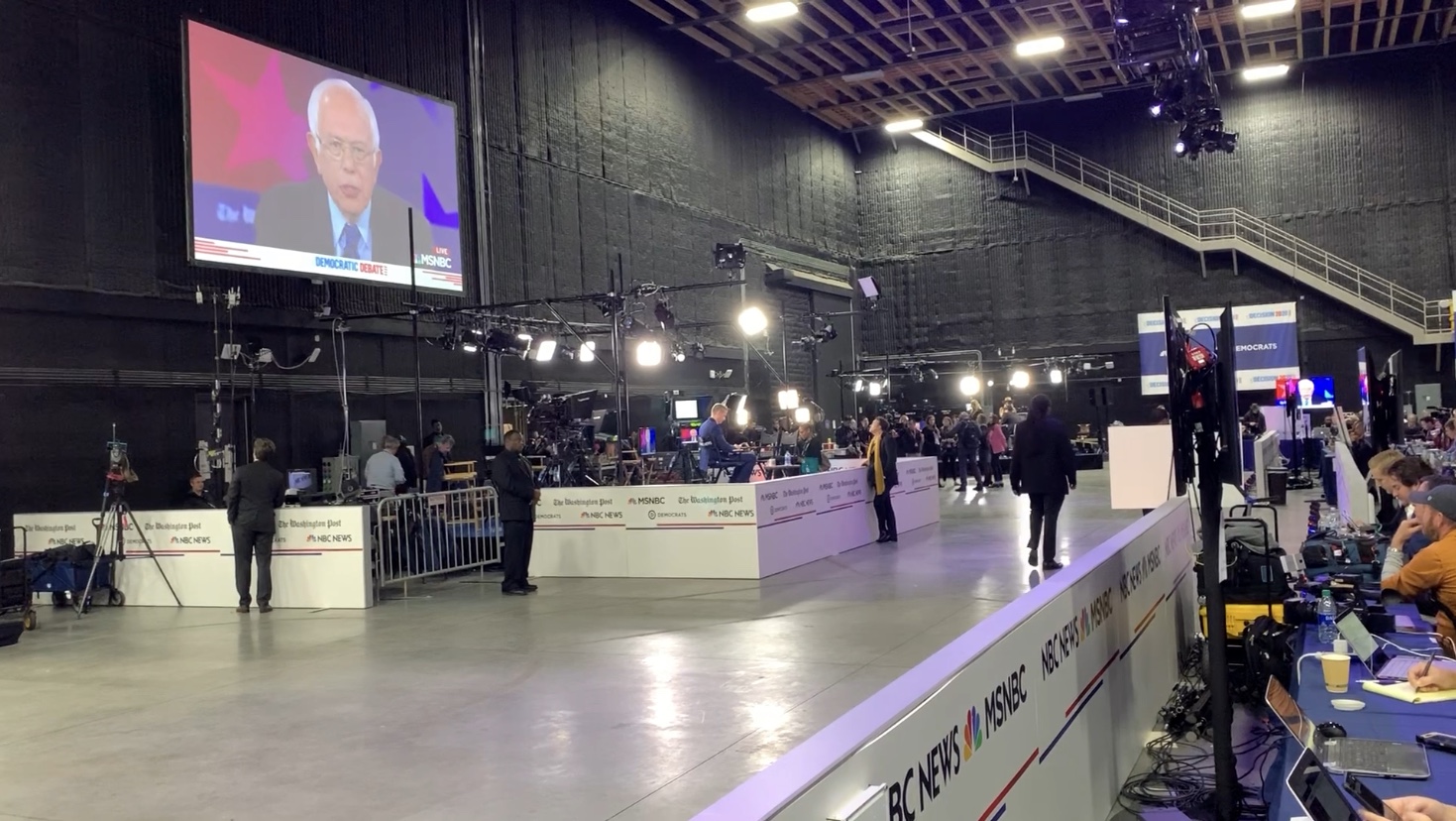
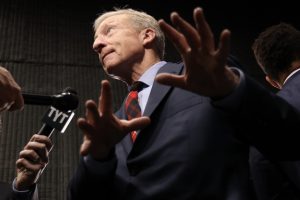
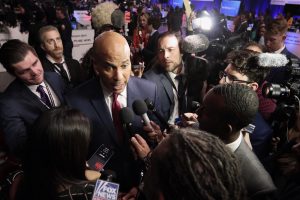
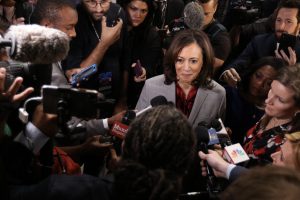
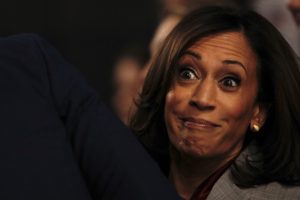
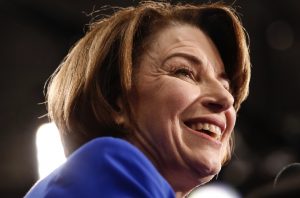

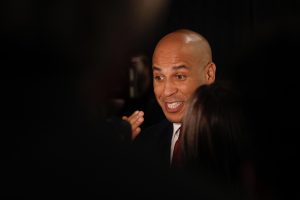

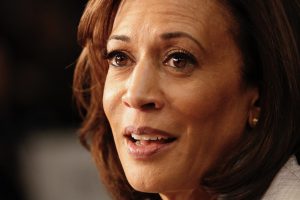
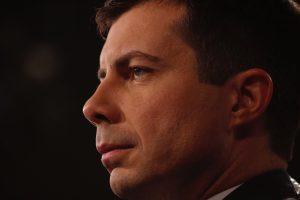
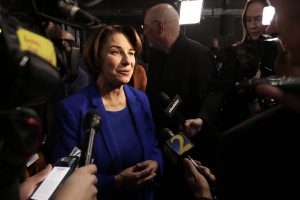
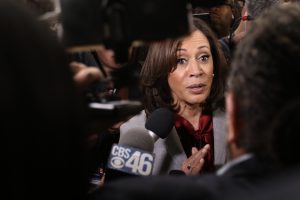
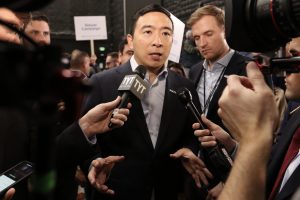




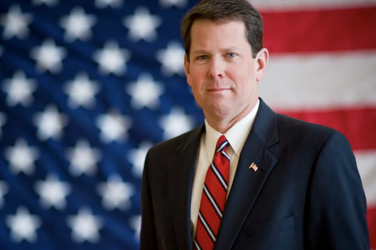
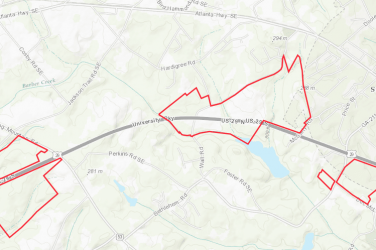

Show Comments (1)